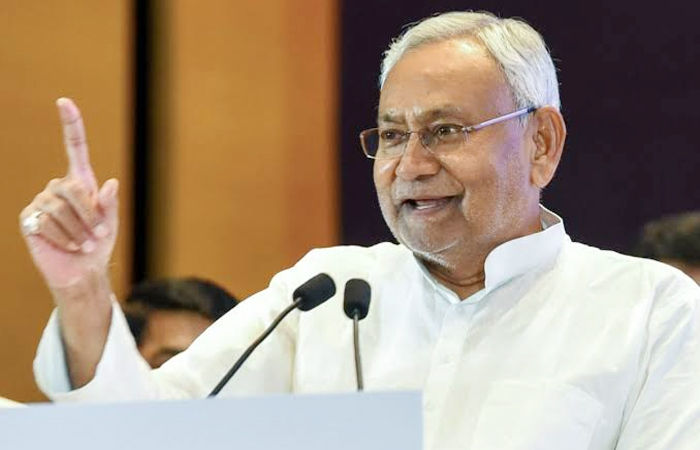
What is special state status: Rashtriya Janata Dal leader and former Bihar Deputy CM Tejashwi Yadav has said that Bihar has emerged as a kingmaker in this Lok Sabha election. Chief Minister Nitish Kumar should take full advantage of his position as a kingmaker in the Bihar NDA. We want him to ensure that Bihar gets the status of a special state.
Nitish Kumar and N Chandrababu Naidu are the kingmakers
In the results of the Lok Sabha elections 2024, BJP has failed to get a majority alone this time. In such a situation, Nitish Kumar and Chandrababu Naidu have emerged as kingmakers. Nitish Kumar's party JDU has won 12 seats and Chandrababu Naidu's party TDP has won 16 seats. According to information received from sources, Chandrababu Naidu has also demanded that Andhra Pradesh should get the status of a special state.
In such a situation, we should understand what is the status of a special state? What benefits does any state get after getting this status?
Bihar Chief Minister Nitish Kumar has been demanding special state status since 2008. Before the 2009 Lok Sabha elections, Nitish Kumar had said that we will support any alliance that is ready to give special state status to Bihar.
Then in February this year, Bihar's Energy Minister Bijendra Prasad Yadav said in the Assembly that the Prime Minister should grant special state status to Bihar. Earlier on January 24, Chief Minister Nitish Kumar had also again demanded SCS on the birth anniversary of Bihar's socialist icon and Bharat Ratna Karpuri Thakur.
What is special state status?
There is no provision in the Constitution of India to grant special status to any state over other states. However, some states have been granted special status by the Centre for various reasons including historical disadvantage, remote or hilly terrain, nature of population, border areas, economic or infrastructural backwardness, etc.
If a state is given special state status, the ratio of funds in centre-state sponsored schemes becomes 90:10. Which is usually 60:40 and 80:20. Thus special state status becomes more favourable for any state.
In 1969, the Fifth Finance Commission of India started granting special state status to certain states facing historical economic or geographical disadvantages to help them develop and grow faster. But this system was discontinued on the recommendation of the 14th Finance Commission. This Finance Commission suggested that the tax share should be increased from 32% to 42% to bridge the resource gap of the states.
These states have special status
At present, a total of 11 states in India have been given special status. These include all the north-eastern states, Jammu and Kashmir, Himachal Pradesh and Uttarakhand. By getting special status, these states get more grants. Along with this, they also get the benefit of special industrial incentives. Such as income tax exemption, customs duty exemption, low excise duty, corporate tax exemption for some period, GST related reliefs and exemptions, and reduction in state and central taxes.
After the Central Government accepted the recommendations of the 14th Finance Commission in 2015, the concept of 'Special State Status' is no longer applicable. Niti Aayog, which replaced the Planning Commission, no longer has the power to allocate funds on the basis of SCS. As such, the Central Government no longer has the provision to give new special assistance to any state. However, states like Bihar, Odisha and Andhra Pradesh are firm on their demand.
 look news india
look news india


